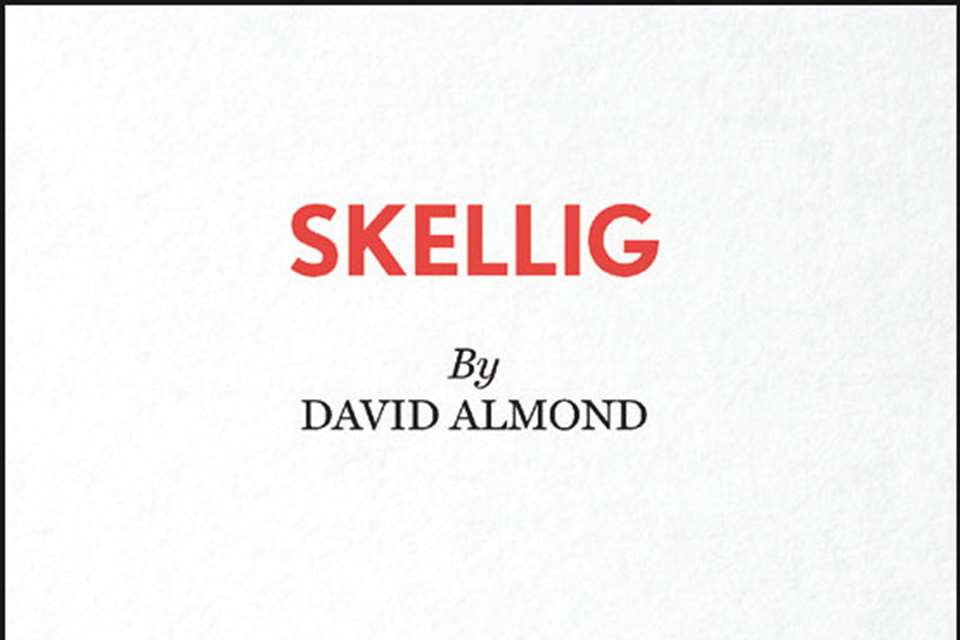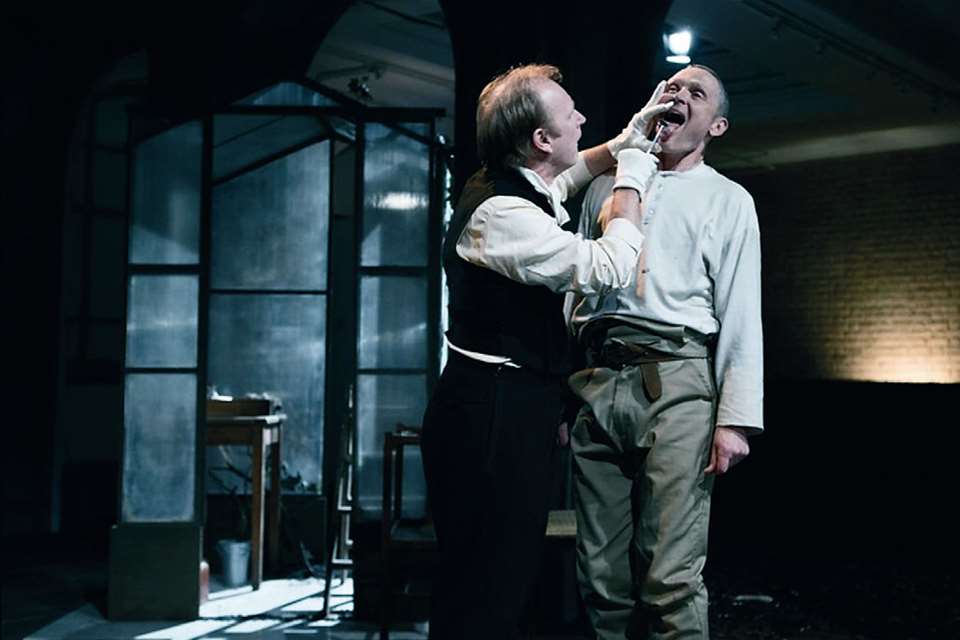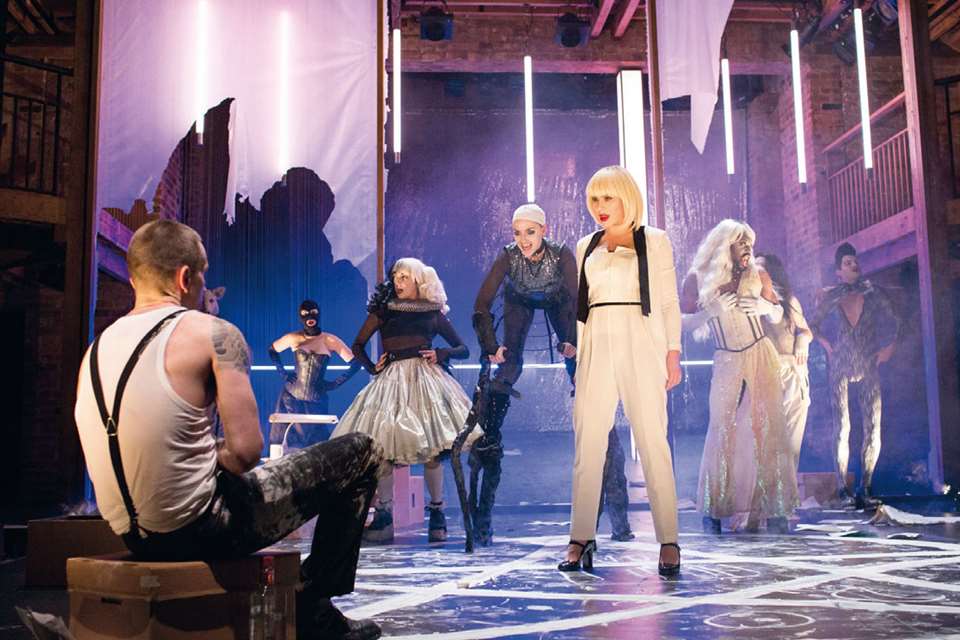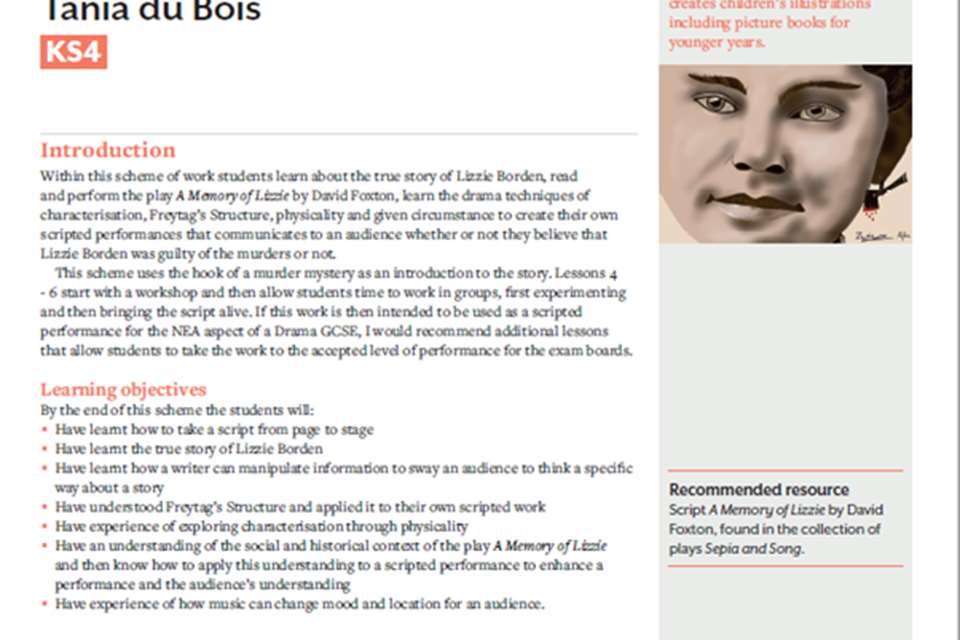The Bone Sparrow by Zana Fraillon
Naomi Holcombe
Thursday, September 1, 2022
Naomi Holcombe reviews Zana Fraillon's The Bone Sparrow, published by Nick Hern Books.
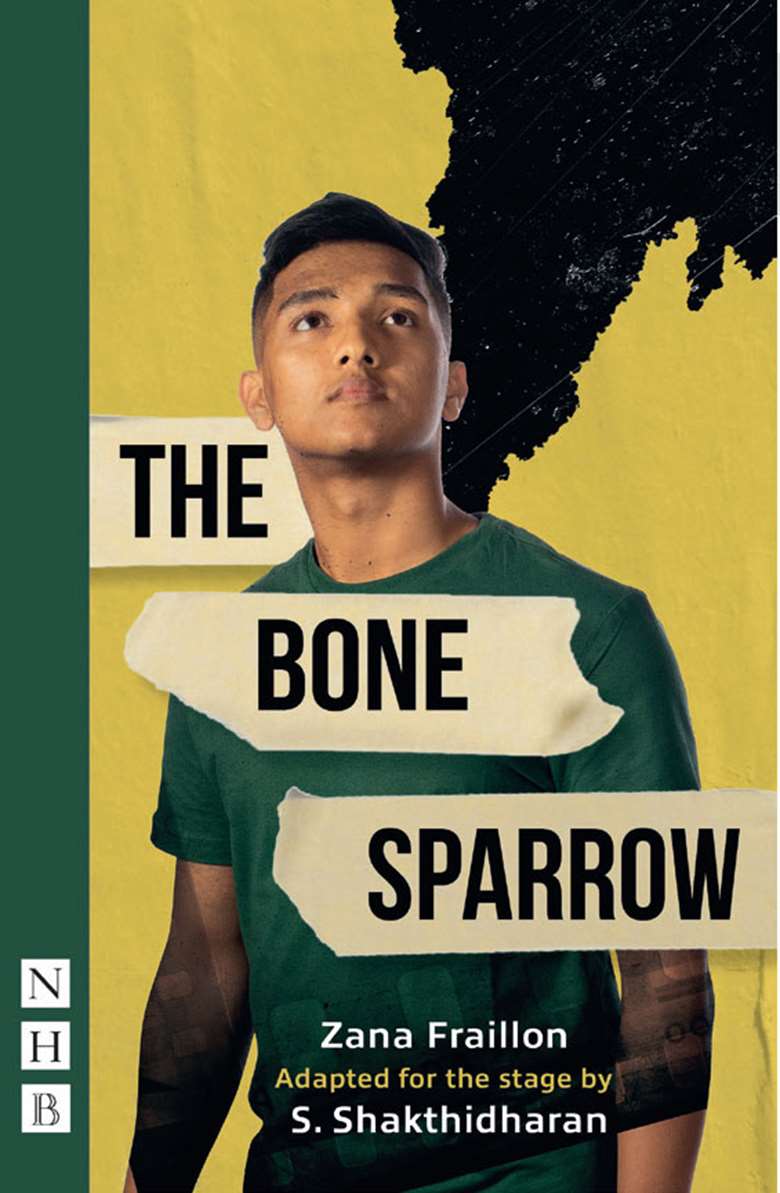
A touching, relevent and educational text on refugees
I admit that I had to look up exactly what the word Rohingya meant when I started to read this striking play, in order to learn more about the story of their people. This group of people are refugees with a complicated history. Not that any refugees have a simple history, but the Rohingya live in a land of limbo, unable to move on and unable to go back. Rohingya are a Muslim ethnic group from Myanmar – although the country's government refuses to recognise them as an ethnic group at all.
Myanmar and its army burned their houses to the ground, stopped people from going to work and to school and forced them to flee. Thousands ended up in different parts of the world and when they arrived, they went into large refugee camps, where they were not only not welcomed, but they were treated like criminals. Some governments even tried to pay them to go back to genocide in a country where they were sure to be killed, rather than give them refuge.
Many Rohinhya ended up in Australia, where this play is set. We find the characters in a permanent detention centre, where the protagonist Subhi is born into a world of fences, of barbed wire, of guards, where his entire world is a tent in the sand, where he can only dream of freedom. Subhi relies on the stories of his family to understand the outside world, which he can only imagine living in. One day he meets a girl called Jimme who appears on the other side of the fence, and together they search for a way out.
The ‘displacement and treatment of refugees and sanctuary seekers’ has come back into the forefront of many people's minds recently with Russia going to war with Ukraine. The play highlights not only the plight of refugees around the world but shows us how they feel to be treated like criminals.
The play seeks to highlight the awful conditions that millions of refugees are forced to live in. It wants the world to see, to take action and to remember: ‘They'll see that living in here isn't living at all. We just need to show them who we are. That we're people, and then they'll remember. Even if only a few people see it, it will mean we're not invisible anymore.’



